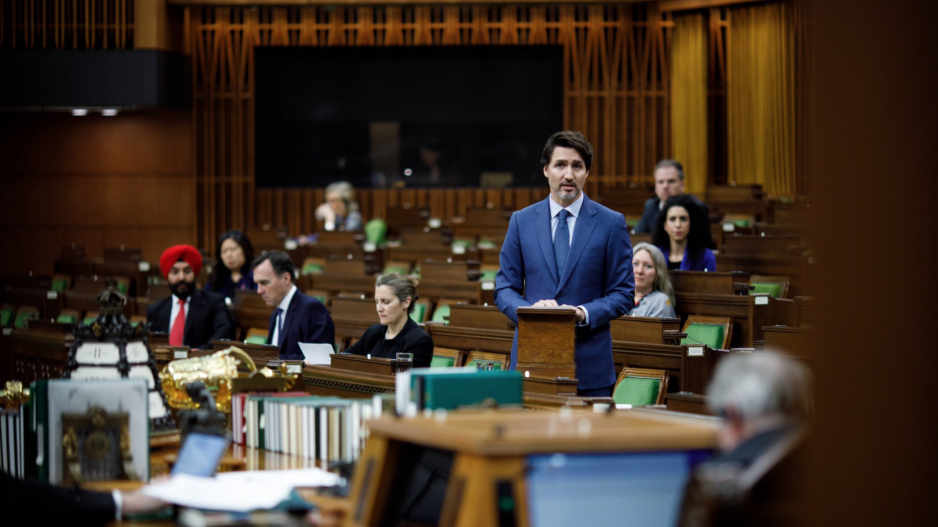What happened: Parliament has passed the federal government’s $73 billion wage subsidy legislation.
Why it matters: The bill enables government to provide organizations of various sizes across sectors with up to $847 per employee, per week for 12 weeks if the organization has been financially impacted by COVID-19.
According to Prime Minister Justin Trudeau, it is Canada’s largest economic policy since WWII.
After an extraordinary session on Saturday, members of Parliament moved to adopt Bill C-14, the federal government’s wage subsidy legislation.
The bill enables a $73 billion Canada Emergency Wage Subsidy (CEWS). Under the legislation, businesses, non-profits and charities can apply for funds to cover up to 75% of an employee’s wages for a 12-week period if they can show that their business has been negatively impacted by COVID-19 and measures to slow the spread of the virus.
The bill moved through the Senate later in the day and received royal assent from Governor General Julie Payette late Saturday.
House Speaker Anthony Rota called Saturday an "exceptional day in the midst of exceptional times."
Finance Minister Bill Morneau said the subsidy will allow companies to retain and rehire employees “so that the Canadian economy can come roaring back from this crisis.”
The subsidy is available to organizations of all sizes, in all sectors except for the public sector. The amount of the subsidy will be based on the wages paid by the employer to the employee.
It will cover up to 75% of the first $58,700 earned by an employee for up to three months. The benefit works out to up to $847 per employee, per week, from March 15 to June 6.
Organizations have to demonstrate a 15% decline in revenue to apply, which can be calculated by comparing revenue in March, April and May to the same month in 2019 or to average revenue earned in January and February.
Before the funds are released, an organization will need to show that it has paid its employees.
Employers that artificially reduce their revenue in order to apply for the subsidy will face a penalty equal to 25% of the amount received under the CEWS program.
During the House of Commons debate about the subsidy, some MPs expressed concern for employees who will be excluded from the benefit, such as those working at companies that have not posted a 15% decline in revenue. Hard-hit subsidiaries or divisions of large companies that do not meet that revenue threshold are also ineligible.
All federal parties had previously agreed to support the bill, even though opposition members take issue with parts of it.




